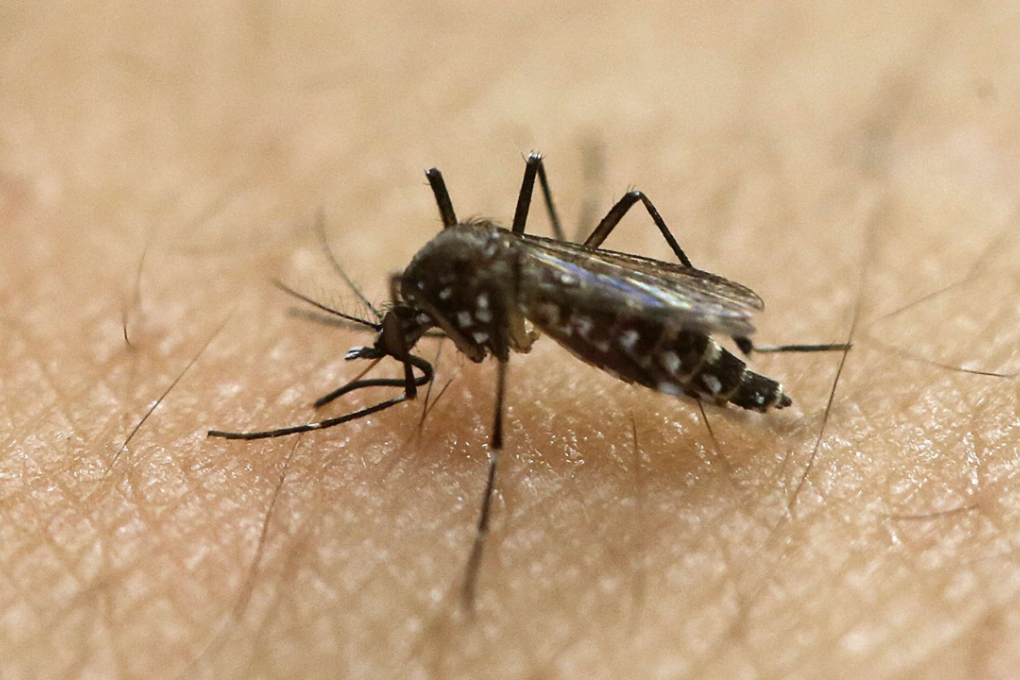One year on since Zika emergency, virus may go endemic in Vietnam
Country sees high number of outbreaks despite the virus no longer being classified as an international crisis

One year ago today, the World Health Organization (WHO) declared the mosquito-borne virus known as Zika an international public health emergency.
Zika is no longer classified as a crisis, according to a WHO statement in November, but despite the best efforts of health officials, the number of global infections continues to rise.
Vietnam in particular has faced a high number of outbreaks over the past month. The Southeast Asian nation’s very first case was reported in April 2016 but late last year, more people began contracting the disease. The majority are within Ho Chi Minh, home to around 145 cases in total, with health officials warning on December 21 that the city was averaging 10 cases per week, according to local media.
Because the principal vector carrying Zika, the Aedes mosquito, is widespread in Vietnam, the country faces the risk of endemic transmission, a situation where infections occur year-round, a WHO spokesperson told CNBC on Wednesday.
The Zika fever, which has similar symptoms to dengue fever, is not typically regarded as life-threatening but it has resulted in deaths and is especially dangerous for pregnant women as it can cause birth defects. There is no known treatment, but global scientists are working on a number of vaccines and preventive treatments.
Last month, the virus entered Vietnam’s rural areas, particularly the southern Dong Nai province, where local health authorities declared an outbreak within the Vinh Thanh commune on January 9 after four new cases were reported from December to early January, local media said.
“Data collection and analysis should be enhanced to monitor the geographical distribution and temporal trends of Zika virus transmission and related complications, especially the congenital virus syndrome Guillain-Barre,” the WHO said, adding that it was working closely with the government to strengthen the country’s preparedness and response capacity.
